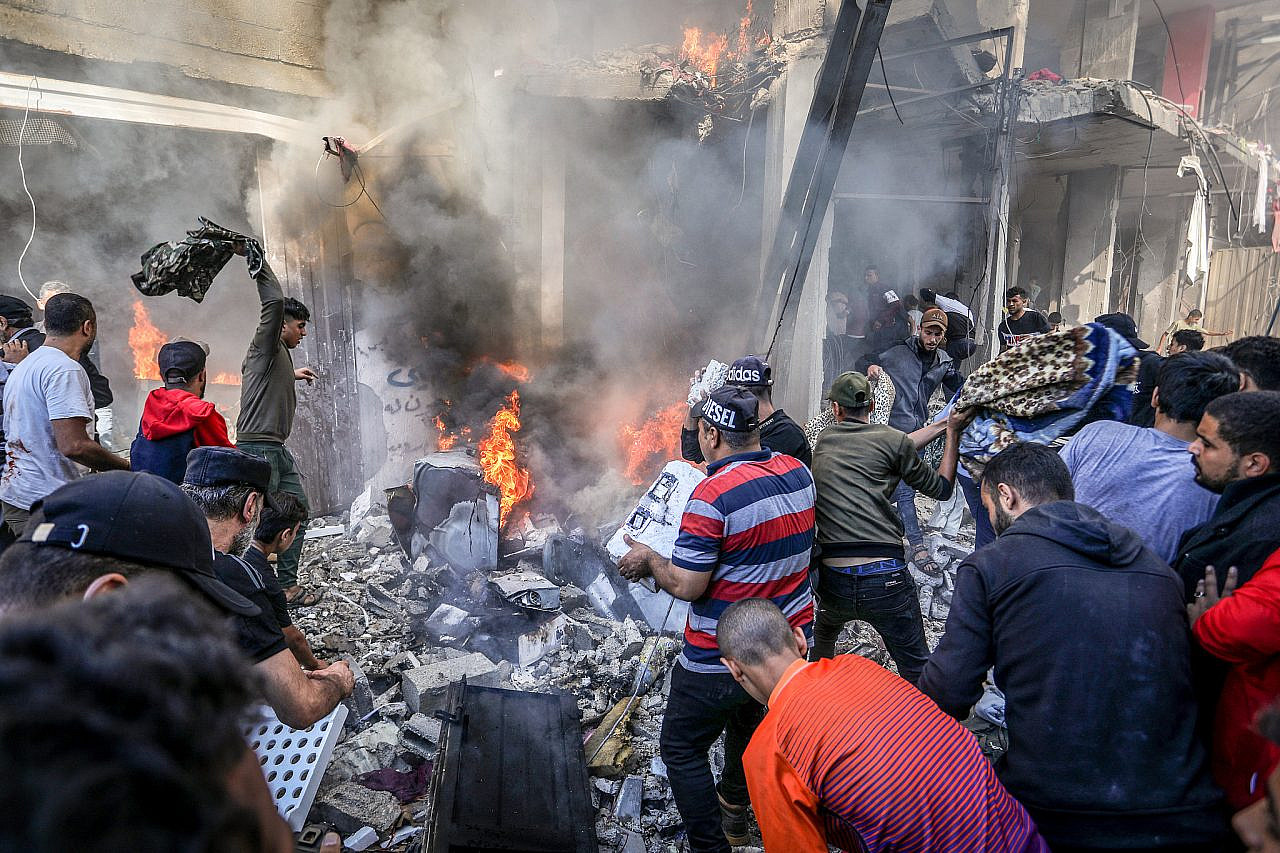 n mid-2004, after U.S forces had been fighting in Iraq for just over a year, the then Defense Secretary ordered the Pentagon to draw up a list of potential catastrophes that had been avoided.
n mid-2004, after U.S forces had been fighting in Iraq for just over a year, the then Defense Secretary ordered the Pentagon to draw up a list of potential catastrophes that had been avoided.
The document - dubbed the 'What did not happen' memo - was drawn up to make the embattled politician feel better.
It outlines 29 eventualities that Pentagon officials had apparently planned for, but which had not yet happened - like 'Saddam uses WMD against U.S. or allied forces'.
But it also listed ten things that did eventually happen, and for which the invasion forces were clearly not prepared, including:
- Iraq descends into anarchy
- Iraq becomes Balkanized
- There are mass Iraqi casualties
- The oil infrastructure is severely damaged or destroyed
- Disruption of oil production causes widespread economic problems
- Another state (e.g. North Korea) takes advantage of U.S. focus on Iraq
- There is widespread vigilante justice
- Shi'a holy sites are damaged or destroyed
- A revolt of the 'Arab street' in Pakistan, Saudi Arabia, or Jordan causes political instability
- There is a dramatic surge in terrorist recruitment
Rumsfeld commissioned the memo in July 2004, just over a year after the initial invasion and four months after the lynching of four Blackwater mercenaries in Fallujah marked the beginning of a bloody insurgency.





 The United States will mark the 84th anniversary of the Japanese attack on the U.S. naval...
The United States will mark the 84th anniversary of the Japanese attack on the U.S. naval... In 2021, a book titled “The Human-Machine Team: How to Create Synergy Between Human and Artificial...
In 2021, a book titled “The Human-Machine Team: How to Create Synergy Between Human and Artificial...:focal(1285x1016:1286x1017)/https://tf-cmsv2-smithsonianmag-media.s3.amazonaws.com/filer_public/d1/4e/d14ed238-3b62-4506-9f53-fc2178dade60/nov2025_d17_prologue.jpg) In the fall of 1945, a bit more than six years after Nazi Germany invaded Poland...
In the fall of 1945, a bit more than six years after Nazi Germany invaded Poland... The last plane carrying U.S. forces left Afghanistan on Monday, meeting an Aug. 31 deadline to withdraw...
The last plane carrying U.S. forces left Afghanistan on Monday, meeting an Aug. 31 deadline to withdraw...






























